* Life * Research * Experiments * Media < back
What was special about Georg Fresenius' research?
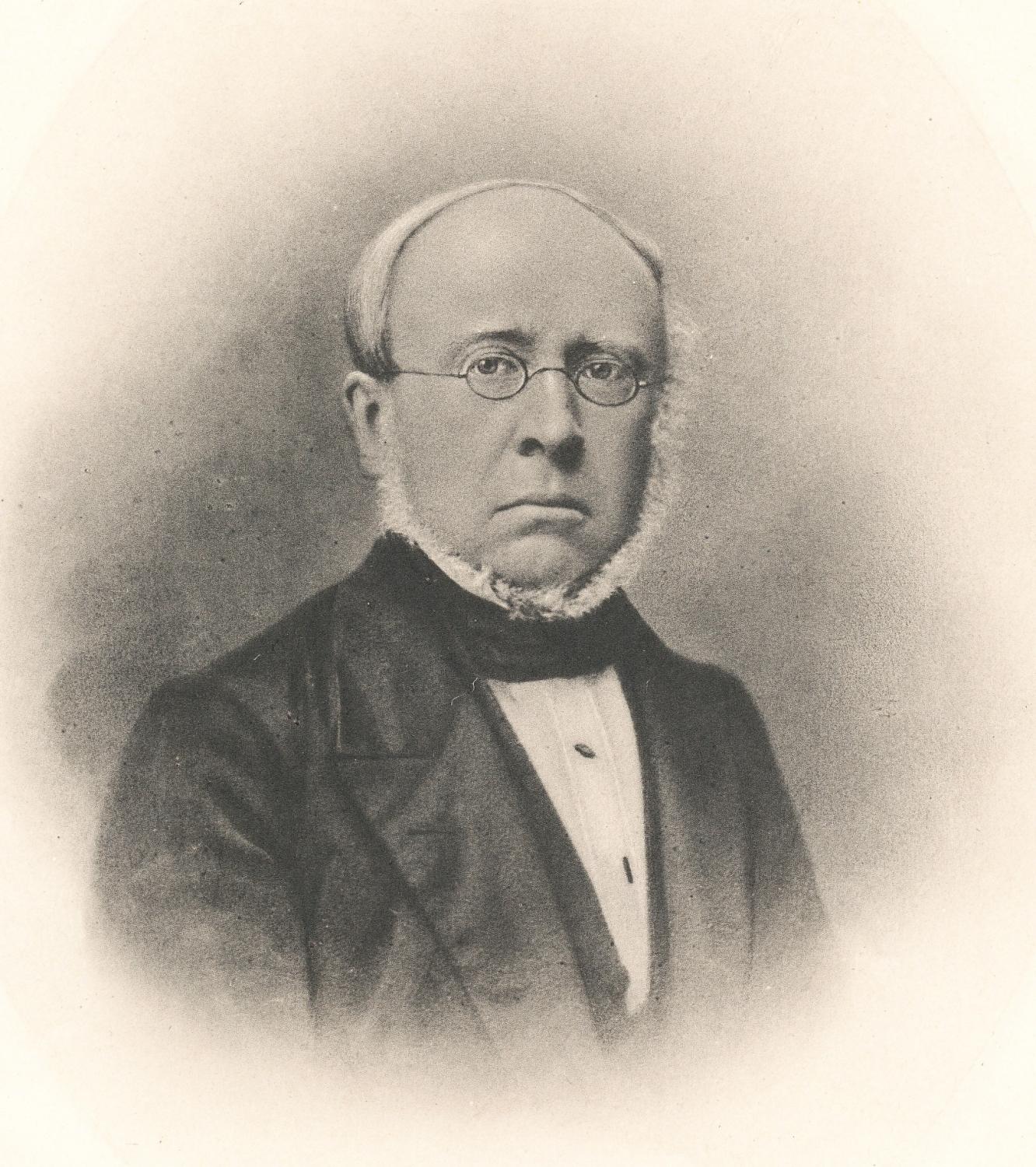 Georg Fresenius was a doctor and scientist with various special areas of expertise, but his main interest was botany, the study of plants. He studied primarily plants from the Frankfurt environment he lived in. He "discovered" many plant species, meaning he was the first to study and describe them.
Georg Fresenius was a doctor and scientist with various special areas of expertise, but his main interest was botany, the study of plants. He studied primarily plants from the Frankfurt environment he lived in. He "discovered" many plant species, meaning he was the first to study and describe them.
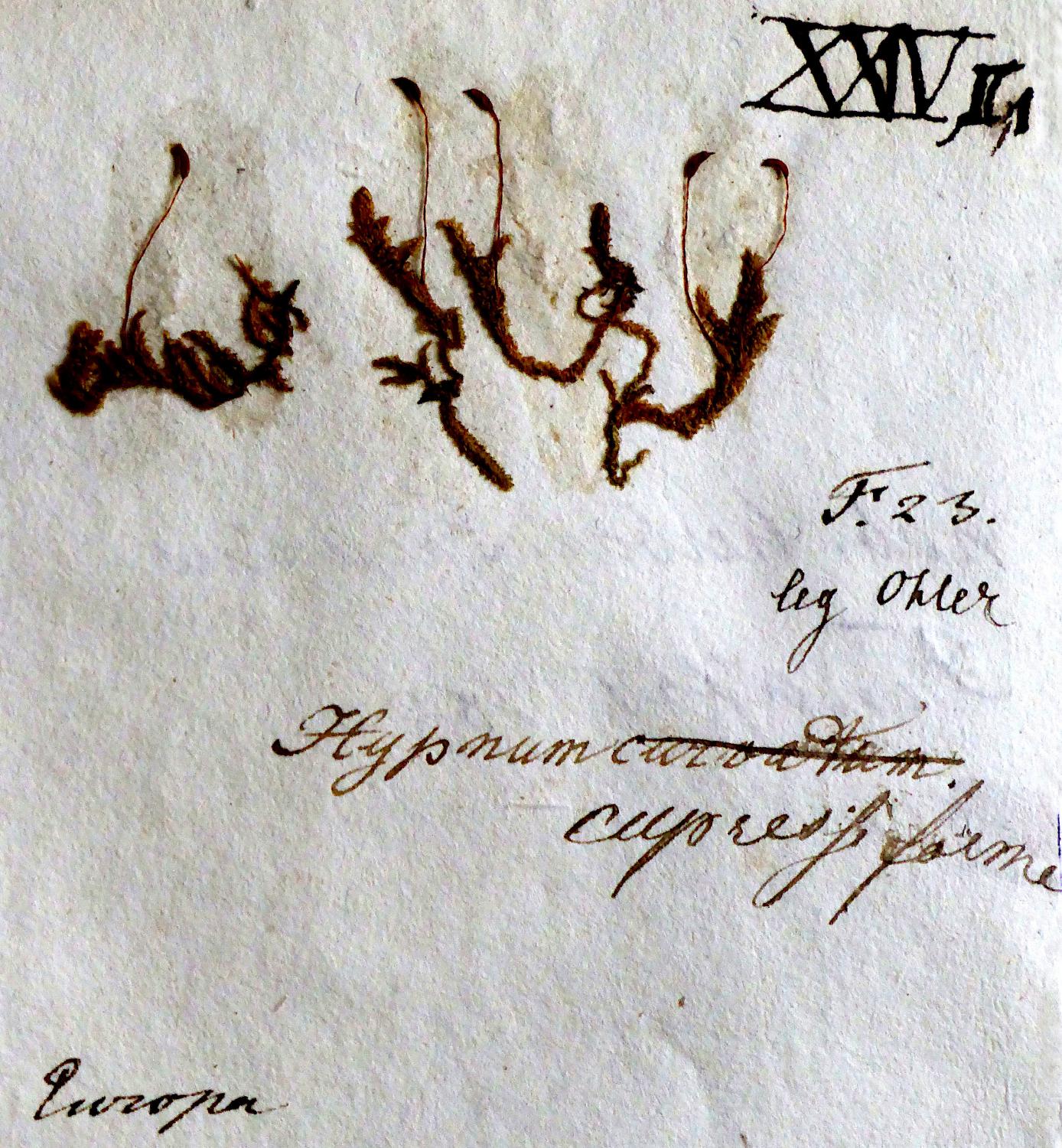
Following this, he was able to integrate them into the existing system that classifies plants according to their properties. This is why many species have been named after him. Fresenius was responsible for the “Herbarium Senckenbergianum” collection of the Senckenberg Natural Science Society, in which pressed and preserved plants were collected for research purposes.
With his studies on fungi and algae, Fresenius was far ahead of his time, gaining knowledge that is still of great benefit today.
The course of Georg Fresenius' life
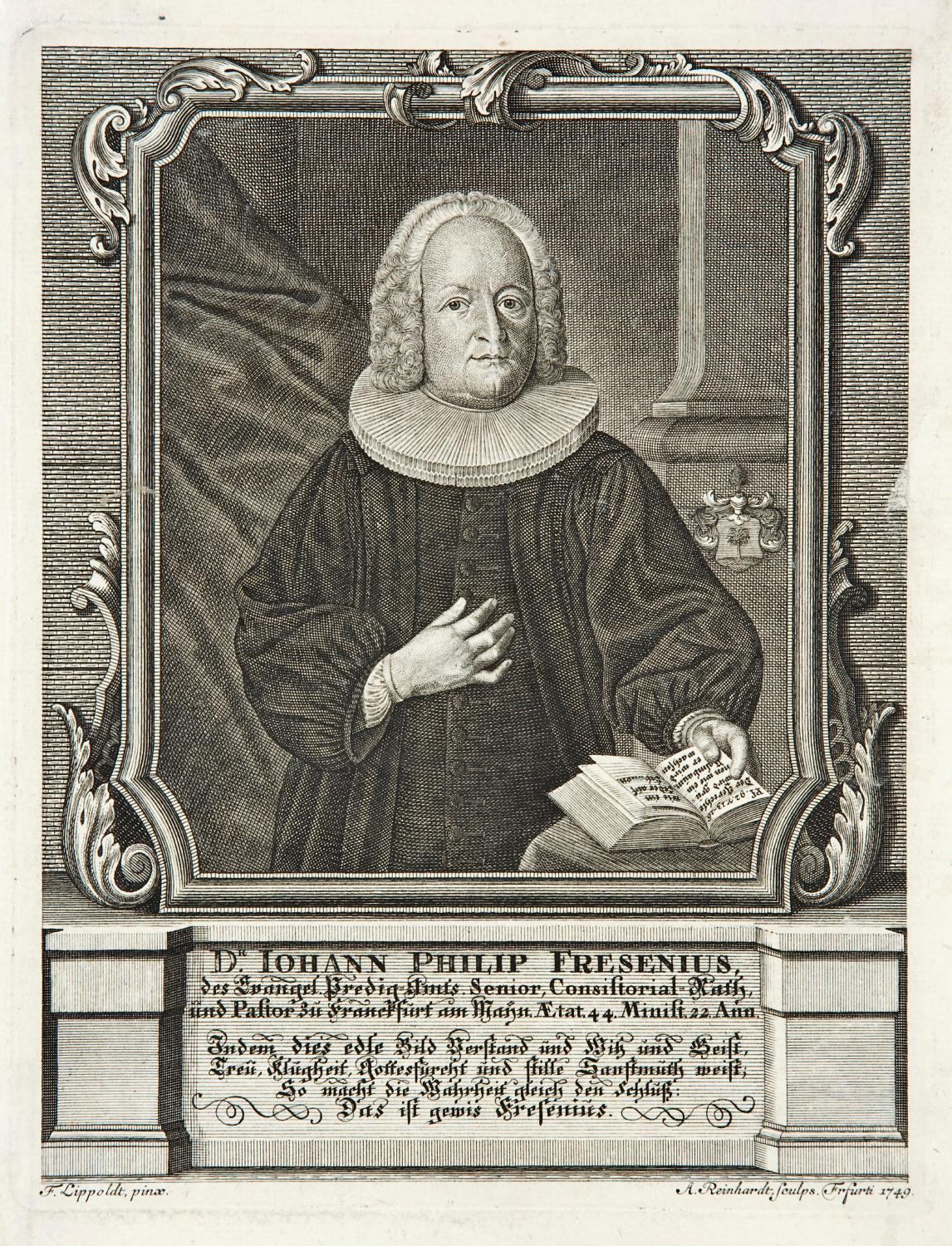
Johann Baptist Georg Wolfgang Fresenius was born in Frankfurt, 25 September 1808. He came from a distinguished family: His grandfather Johann Philipp was a theologian and pastor; his father Philipp Jakob was a doctor and pharmacist who owned a pharmacy in Rödelheim and was married twice.
Georg was the seventh of eight children from the father’s second marriage to Henriette Friederike Schumann. Of these children only he and a younger brother survived; in addition he had two step-siblings from the father's first marriage. Georg was eight years old when his father died. Little is known about Georg's childhood and adolescence, except that he is said to have been a good student, and probably studied plants early on.
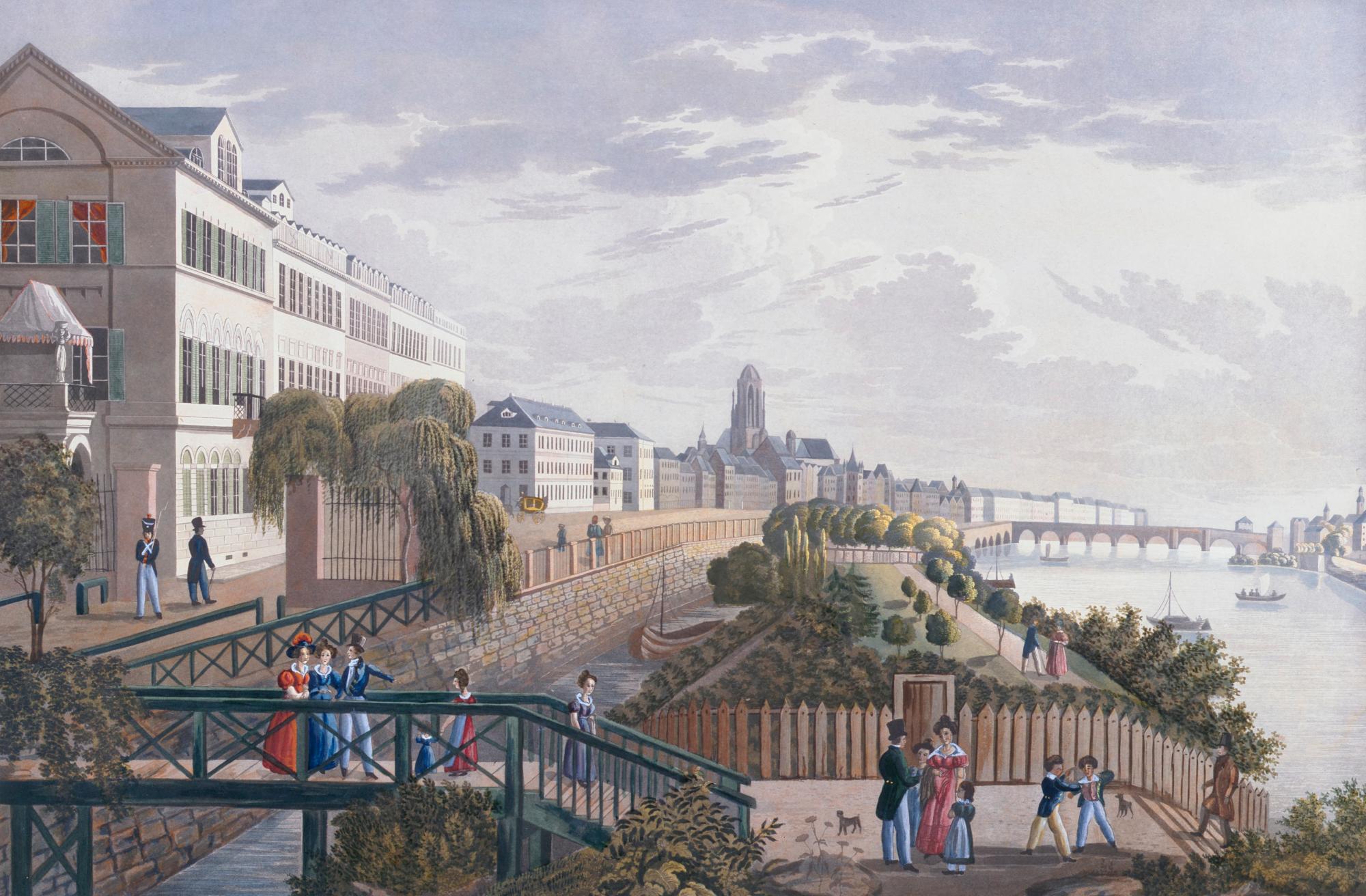
Georg Fresenius began studying medicine at the universities of Heidelberg and Würzburg at the age of 17, and wrote his doctoral thesis in Gießen in 1829. He came back to Frankfurt with his doctor title, and prepared to settle down here as a general practitioner.
Before this was possible, he was required to take the oath of citizenship and pass a theoretical and practical test at the Hospital of the Holy Spirit. Fresenius passed his exams at the age of just 21, and worked for the rest of his life as a doctor, including often free of charge as a doctor to the poor in different parts of Frankfurt. He also pursued many other activities and areas of research: Botany had been a pursuit ever since his school days, and continued during his college studies, with his friend Georg Engelmann. The latter later emigrated to North America and sent Fresenius pressed plants from there.
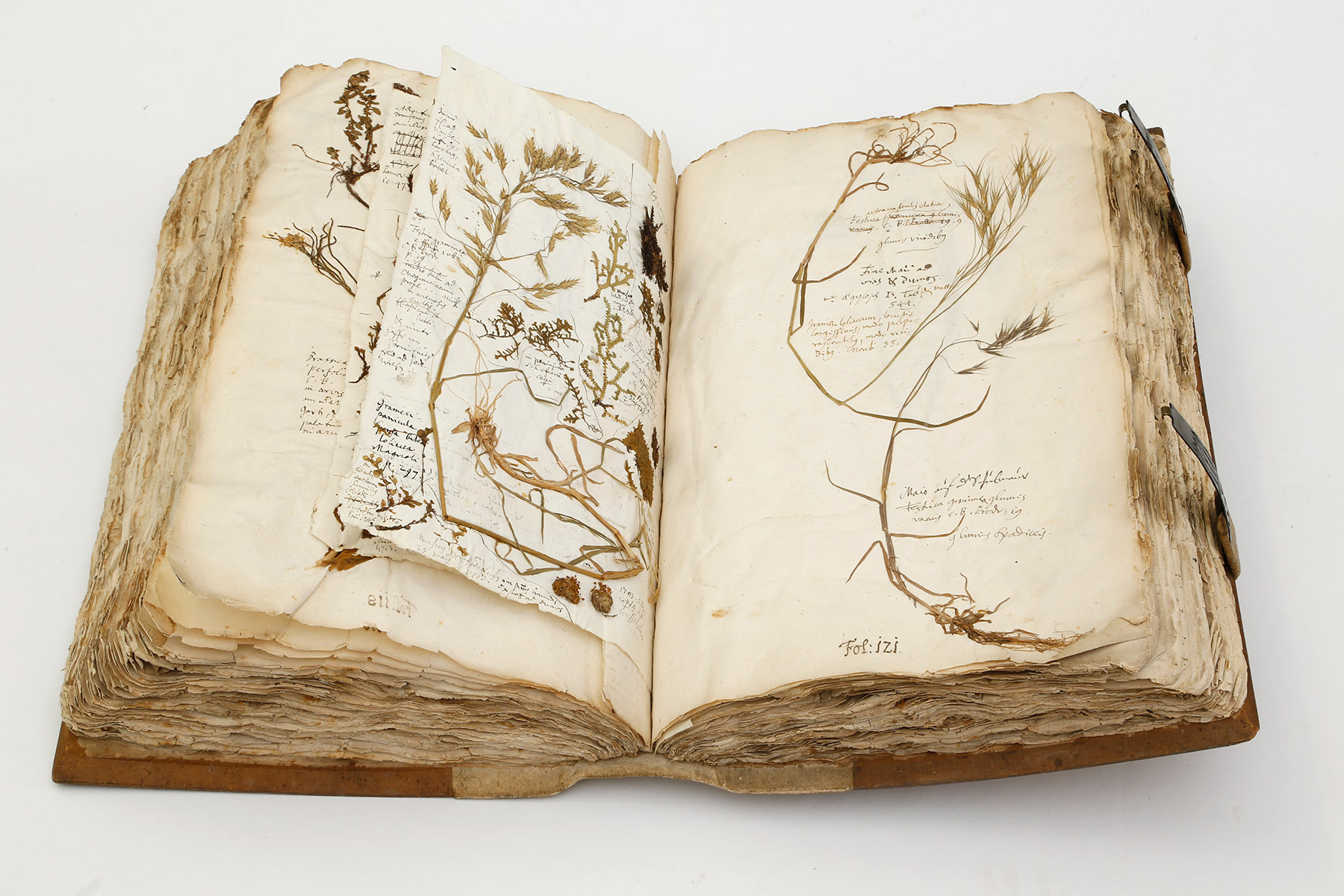
From 1831 Georg Fresenius was responsible for the botanical garden of Dr. Senckenberg Foundation, planting and researching medicinal plants and native plants. He was also responsible for the maintenance and processing of the "Herbarium Senckenbergianum" of the Senckenberg Natural Science Society.
His duties also included giving lectures and organizing teaching field trips. During these excursions, he likely collected many plants from the Frankfurt area with his students and prepared them for the herbarium.
In 1838 he married Anna Dorothea Schepeler, with whom he had four children: Georg Carl (1839-1882), Henriette Friederike (1840-1904), Anna Elisabeth (1843-1848) and Philipp Anton (1846-1924).
His pupil Anton de Bary (1831-1888) described Georg Fresenius as a humble man with a calm disposition, averse to excessive behavior. Fresenius fell ill with pneumonia at the end of November 1866 and died 1 December 1866, in Frankfurt.
* Life * Research * Experiments * Media < back